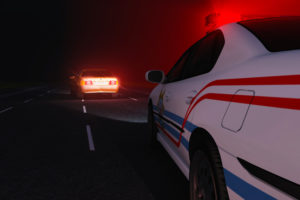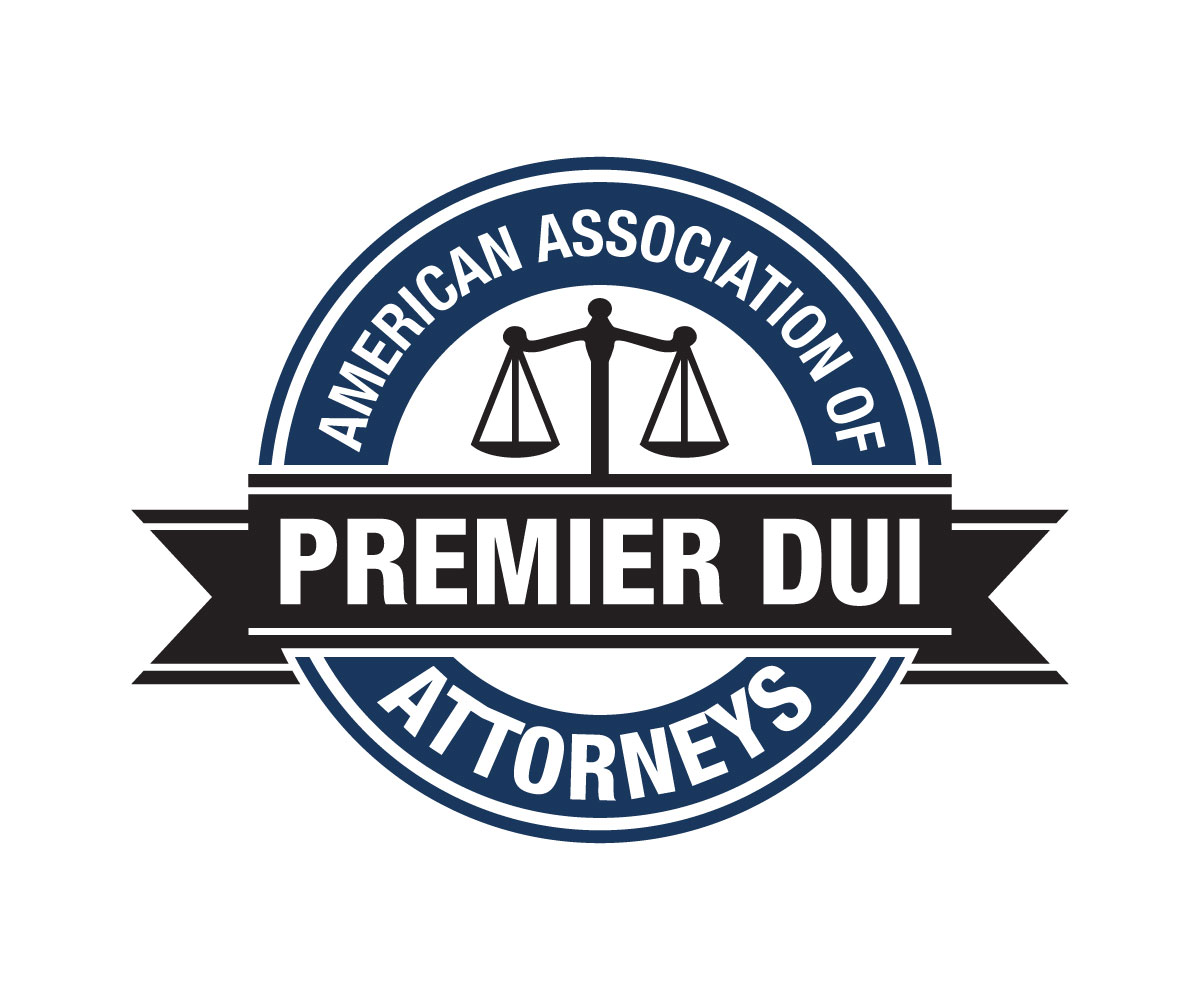Learn the Differences Between DLD Hearing and Criminal Court Hearing
Many people are confused regarding the process that follows being charged with a DUI. There are multiple steps that are required in order to navigate through a DUI case. Something that may confuse individuals is that the DLD hearing is separate from the criminal case. Many people assume that these are one in the same, but they are actually very different processes after receiving a DUI charge.
Understanding all aspects of a DUI charge can help you to navigate your case more successfully. I, Zachary C. Holbrook, am experienced in the entire DUI process and can help to ensure the best possible outcome for your DUI case.
 What Happens After a DUI
What Happens After a DUI
There are variables that can affect a DUI case, and the outcome of each case will differ depending on the specific facts. For example, the consequences of a DUI will likely be more severe if there are prior convictions on the person’s record, if there were any injuries sustained, or if there was a minor in the vehicle.
In addition, a DUI is handled differently depending on how high the blood-alcohol content (BAC) is or if the driver is under 21 years of age. However, the following things commonly occur after being charged with a DUI:
- The driver’s vehicle will likely be impounded if they are arrested.
- Driving privileges most likely will be suspended on the 45th day after the date of the initial arrest. However, the individual can request a DLD administrative hearing to defend against the suspension. This request must be submitted, in writing, to the DLD within 10 days of their arrest.
- Depending on the outcome of the criminal case, an ignition interlock restriction may be put in place 18 months or longer, depending on the specific situation.
Automatic and Refusal Suspensions
When an individual fails to request the DLD hearing after being arrested for a DUI, the driver’s license will automatically be suspended. This is why it is important to request the hearing within 10 days of the arrest in order to schedule your DLD hearing. Suspension times will vary depending on the offender’s age and number of prior convictions.
Another way driving privileges can be suspended is if an individual refused to take a chemical test. Every person who obtains a driver’s license consents to submit to a chemical test for the purpose of determining if they are driving while under the influence of drugs and/or alcohol. If a driver refuses to submit to a chemical test, the driving suspension period is extended.
The DLD Hearing is Different from a Criminal Court Hearing
The DLD hearing handles the administrative side of a DUI charge. This hearing revolves around the individual’s continued driving privileges and any actions that the DLD may take regarding the driver’s license.
The court hearing, on the other hand, is based on the criminal aspect of the situation. The criminal court hearing essentially will determine whether you are guilty or not guilty of the DUI itself. This hearing will be held in the court located in the county/city of the arrest. It will be during this hearing that they will decide the punishment you will receive if you are convicted.
Who is Present at a DLD Hearing?
Understanding who is present at a DLD hearing will help you to grasp the overall process. Ultimately, these hearings tend to be rather informal. It only involves you, your attorney (if you hired one), the DLD hearing officer, and the law enforcement officer that handled the arrest.
Though you may qualify to have a public defender represent you for your criminal case, a public defender is not appointed for your DLD hearing since it is civil in nature. If you would like representation, you will need to hire a private attorney, which is recommended to obtain the best possible outcome at your DLD hearing.
The Process at a DLD Hearing
Ultimately, the process at a DLD hearing revolves around your driving privileges and the status of your driver’s license. At the beginning of the DLD hearing, the arresting officer will testify regarding why you were arrested and how any applicable tests were given. At this time, your attorney will have the opportunity to cross examine the officer, and then make a closing argument as to why your license shouldn’t be suspended.
The hearing officer will determine whether your license is suspended or not following the arguments given at the DLD hearing. The hearing officer will then notify you, or your private attorney, approximately 7-10 days after the hearing through traditional mail.
Will the Outcome of the DLD Hearing Affect the Criminal Case?
Whether or not the DLD suspends your license, the criminal case is still handled separately. The DLD’s decision has no bearing on the criminal court proceedings. If you are found not guilty on the criminal case, but your license was suspended at the DLD hearing, it is likely that your license will be eligible for reinstatement. However, if the DLD took no action on your driving privileges, you can still be found guilty during your criminal court proceedings, which will then most likely result in your license being suspended.
Have You Received a DUI?
It is vital to understand the differences between DLD hearing and criminal court hearing. By requesting a DLD hearing within the required 10 days, you are ensuring you are doing your part to prevent the automatic suspension of your driver’s license.
I, Zachary C. Holbrook, am experienced with the DLD administrative hearing process. Obtaining my services as a knowledgeable DUI lawyer will go a long way toward ensuring the best possible outcome for your case. Contact me today for more information on DLD hearings or for a consultation.





Leave a Reply